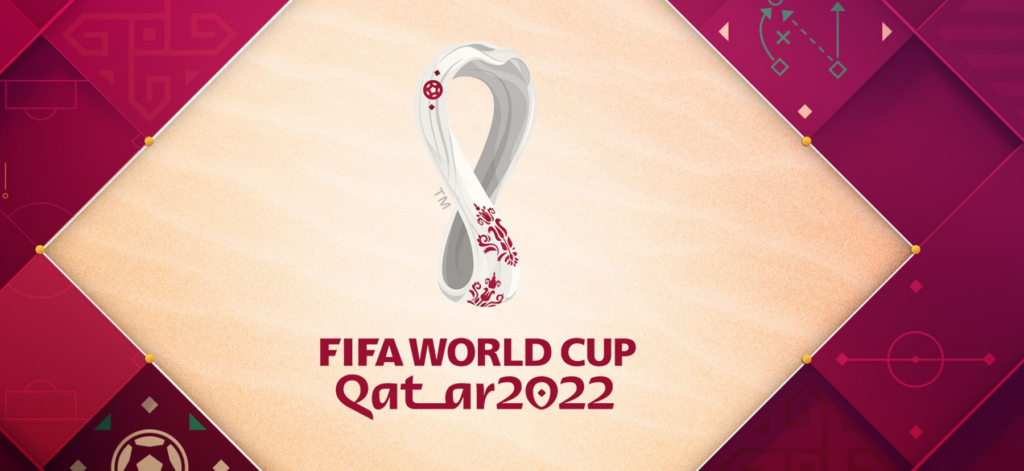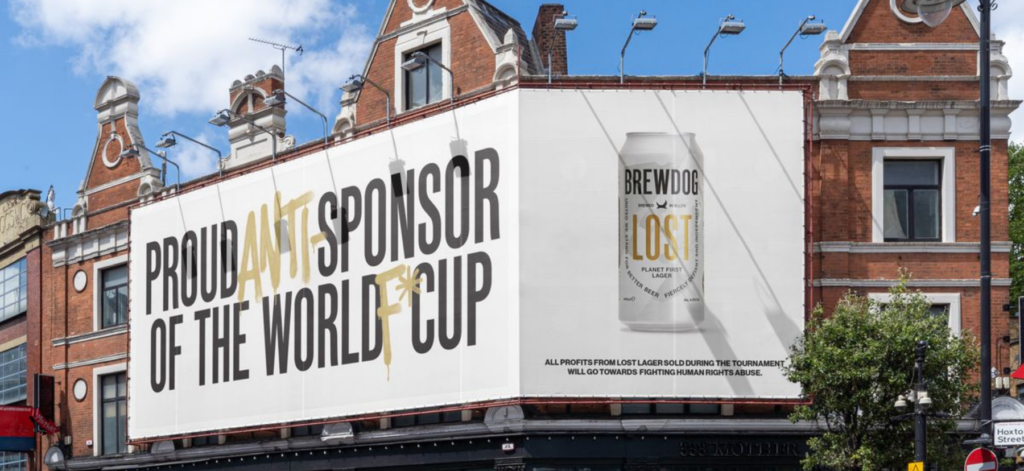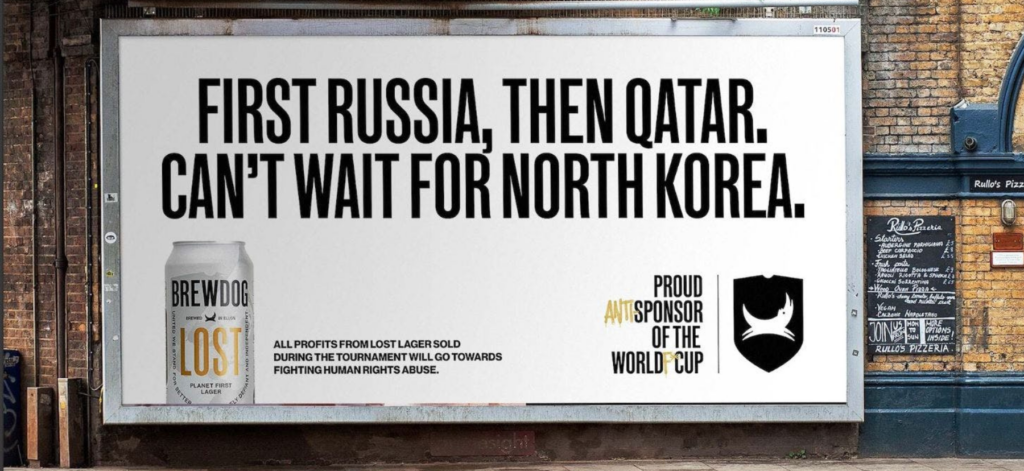Qatar Controversy - The ethically questionable World Cup and its impact on the retail market
The controversy surrounding the Qatar 2022 World Cup is not new. As we're in the midst of the world cup we thought it interesting to explore why this tournament is so problematic and how it reflects on the retail market.
From brands actively boycotting the event to the steps countries and associations are making to show their support for those impacted by poor human rights laws. There are multiple ways that this event is going to impact the retail market both positively and negatively.
Read the Snapshot blog post to find out more about the Qatar Controversy - The ethically questionable World Cup and its impact on the retail market

So, what is the deal?
As the first World Cup to be held in an Arab country the tournament will be making history in more ways than one. With the summer months in Qatar reaching scorching temperatures over 45’c, the decision was made to host the event in the winter for the first time to provide a more amiable climate for players and visitors. This change in the schedule has had many knock-on effects. Which will be seen throughout the tournament and its’ wider reach.
Back at home the rest of the country (and the wider world) will be gearing up for the festive season. This poses a difficult conflict for utilising the World Cup as a promotional opportunity. Most businesses will be well into their Christmas campaigns (Qatar will not fall into this conflict due to the country not celebrating the holiday).
This alongside the current cost-of-living crisis and rising energy prices will undoubtedly cause a drop in spending which is predicted to be down 19% since the last World Cup in 2018. On the other hand, supermarkets are likely to be some of the biggest winners from the tournament this year.
In these troubling financial times, almost half of all fans will be supporting team England from the comfort of their own home. This means, buying their own food and drink to watch the match with.
With the uncertain customer spending patterns retailers will struggle to sell both the World Cup and Christmas. These events are predicted to have a lower combined spending than if the two events were further apart in the year.

Why is it controversial?
It has also caused major disruptions to the current Premier League campaign instigating a 6-week pause in the season. All of this will also have a knock-on effect on the cashflows of businesses that profit off the annual Premier League season.
The country’s questionable ethics are one of the key factors as to why this tournament is so problematic. Public displays of affection, LGBTQ+ relationships and drinking alcohol/being drunk in public are illegal offences in Qatar. These all, commonly result in jail sentences.
All the above would not be uncommonly seen at football matches at home. This poses a great risk for visitors to act appropriately to the culture. Alongside what the law states, there have been unconfirmed reports of great mistreatment of the workers who have built the stadia and infrastructure needed to support the games.
Qatar stated that it would utilise the tournament as a way of 'improving' its dated legislation, but this doesn't seem to be the case with the above-mentioned.
These factors have also made the public question whether this tournament should be supported at all. Calling out celebrities and sponsors who are supporting the event and turning a blind eye to the bribery and corruption that Qatar 2022 has been built on.
In recent news just ahead of the first match the Qatari government has imposed a full ban on all alcohol at the tournament. This being much to the dismay of head sponsor Budweiser who secured the deal at £63.5 million pounds (but what better way to promote alcoholic free beer right?).
Brands like Brewdog have been ‘kicking off’ by taking the stance of actively anti-supporting the tournament. One of their campaigns blatantly stated “The World F*Cup”. Brewdog has changed its branding and has used large billboards to market the fact that it will not be supporting the Qatar world cup this year.


How are other countries reacting to the controversy?
Cities like Paris and Marseille have made the decision to not have fan zones within their cities. This means they won't show the games on big screens in public spaces. This comes from a lack of wanting to promote the host country and its’ questionable ethics, coupled with the rise in energy costs to boot.
Others are taking a more subtle approach with brands like Hummel who supply team kits for the Netherlands. They have created a subtle kit which tones down all logos like their own branding and that of the Qatar World Cup. Team USA has also opted for a subtle kit change adding the pride flag to the team logo. These create promotional opportunities for teams to sell specialised merchandise that may be more desired than a regular World Cup kit.
Other teams like England and Wales originally opted to wear “One Love” armbands to show their support against discrimination. FIFA imposed sanctions on players who would wear the armbands which proved too risky for the teams and players who decided to back down before their first games.
How sustainable is hosting the world cup in Qatar?
FIFA has already admitted that this tournament will leave a much bigger carbon footprint than any other world cup in one of the world’s least sustainable countries. Experts are now suggesting emissions could be three times the official estimate. This undermines initial claims that this will be the first ‘carbon-neutral’ world cup. Stadiums are built with outdoor air conditioning.
With the recent COP27 event laying out the harsh truth of our planet's future it calls into question whether this should have been allowed to go ahead. Brands with sustainability policies may therefore opt out of supporting such an unsustainable event.
With heavy restrictions for the media, it is likely we will only see the parts of the World Cup that Qatar wants us to see. This could boost sales for their sponsors and put the sports centre on stage rather than the controversy. Although this will bring the attention back to the sport (where it arguably should be) it will provide a very singular view of the tournament as a whole and can come across as Sport washing.

So, now that the tournament is underway how do you think it’s’ going to pan out? How many people will really invest in the tournament and all its’ trimmings? Or will the festive season send Qatar 2022 into the shadows where it can hide amongst its’ corruption and sport-washing? It will certainly be a World Cup to remember but let us hope not to the detriment of the high street.
Subscribe to the Snapshot blog post to keep up to date in the world or retail
Share with your community to spread insights into the current retail sustainability landscape.


